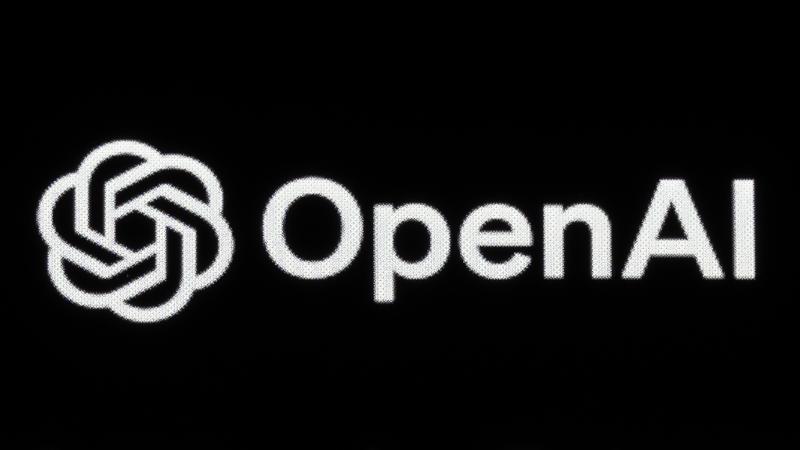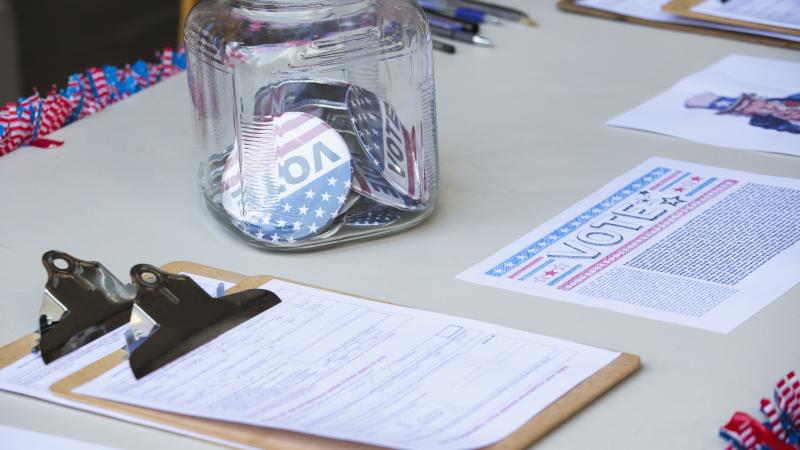U.K. nonprofit cited by White House for 'misinformation' research pushes media censorship
Group was thanked last year by NBC reporter for help in securing reported Google monetary sanctions against conservative news and opinion sites The Federalist and ZeroHedge.
A controversial foreign group whose research on "misinformation" was recently cited by the White House is waging an international media censorship campaign, one that last year was gratefully acknowledged by an NBC reporter in an attempt to deplatform a pair of U.S. conservative publications.
White House Press Secretary Jen Psaki last week claimed at a press conference that "about 12 people" are "producing 65 percent of anti-vaccine misinformation on social media platforms," a figure Psaki threw out while discussing White House efforts to coordinate with social media companies to take down posts which the administration deems "problematic."
The press secretary did not cite the source of that figure. But it's identical to that proposed in a March report by the Center for Countering Digital Hate, a U.K.-based nonprofit that bills its mission as "strengthening communities and democracy by disrupting identity-based hate and dangerous misinformation in digital spaces."
In its March report, the CCDH claimed to have identified what it deemed "the Disinformation Dozen," a group of 12 individuals it identified as "extremely influential creators of digital anti-vaccine content" on social media and Internet platforms.
Among those it identified were alternative-medicine proponent and doctor Joseph Mercola, anti-vaccine activist Robert F. Kennedy, Jr., and OB/GYN Christiane Northup.
The White House has acknowledged its ongoing efforts to work with social media companies to suppress content which the Biden administration deems "misinformation."
Its citation of CCDH data, meanwhile, has raised eyebrows due to the group's aggressive international campaign to homogenize news judgment and curtail viewpoint diversity, including efforts against what it deems "anti-vaxxers" as well as its targeting of at least two U.S.-based conservative publications last year.
The group last year was thanked by an NBC News reporter for its "hard work and collaboration" on the article alerting Google to alleged policy violations by the websites ZeroHedge and the Federalist. Both publications were briefly the target of sanctions by Google.
CCDH has taken an expansive approach to internet censorship by issuing broad classifications about what it considers "disinformation," citing social media posts critical of COVID-19 facemask usage as well as posts drawing attention to alleged high rates of vaccine injuries.
The group does not disclose its funding streams. CCDH says on its website that it is "a not-for-profit non governmental organisation ... that is funded by philanthropic trusts and members of the public." The group did not respond to requests for comment.
Claims of "misinformation" have swirled around social media over the last year and a half as critics argue that social media companies should aggressively restrict content that makes disputed claims.
In some cases, social media companies have reversed course after months of censorship, as was the case when Facebook earlier this year said it would no longer censor posts alleging a laboratory origin of SARS-Cov-2.
In other cases, earlier censorship efforts by social media were subsequently refuted by expert authorities. A Just the News report on potential "false positive" COVID-19 tests, for instance, was censored by Facebook last year, only for the World Health Organization to subsequently warn medical officials of the potential for false positives in COVID-19 tests.
















